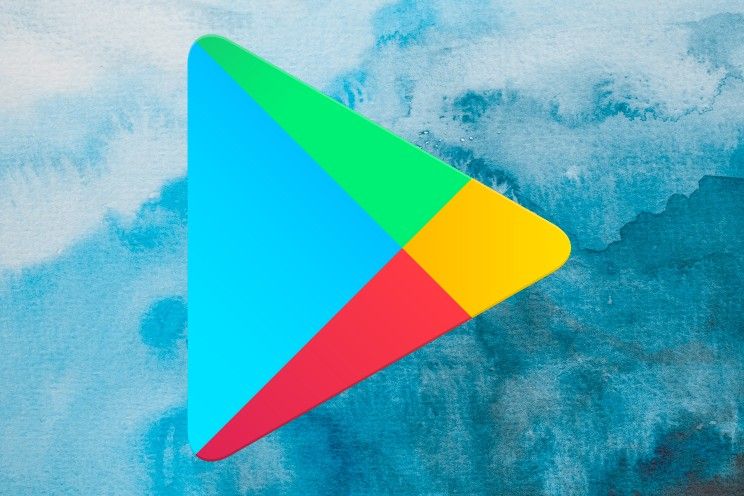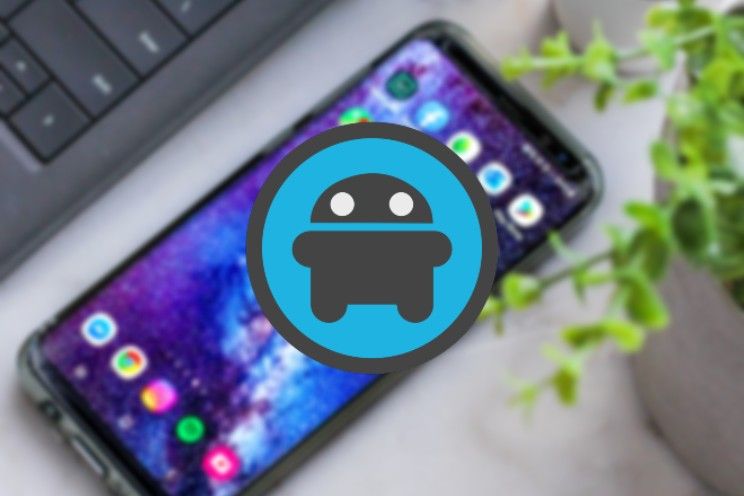New Play Store rules to fight full-screen ads
Google introduces new rules for its Play Store. This time it’s up to developers to focus mainly on rules related to ads taking over the entire screen. We are going through the new rules.
Contents
Full screen ads
From September 30, the aforementioned full-screen ads are no longer allowed. At least, not when they come at ‘unexpected’ moments and cause problems with the normal operation of the app. Think during a loading screen before you open the app, but also during a game or when you scroll through content. It is very nice for consumers that Google wants to put an end to this, because unexpected advertisements are never received positively. So it does not mean the end of the full-screen ad, but the end of the sudden variant. If they come at a more normal time, they should not last longer than 15 seconds if you have not given permission.
Subscriptions
Another adjustment is that from September 30, there must be an immediately accessible method within the app to manage or cancel your subscriptions. It does not matter how it should work, but in any case it is important that this is very clear in the app. Not necessarily that you should be able to end it in the app, but that you are referred within the app to, for example, the Play Store or a website where it is possible.
Factual inaccuracies about health
Apps containing inaccuracies about health topics will soon no longer be welcome in the Play Store. Google wants to stop the spread of health disinformation. It is a bit late with that, because just when the coronavirus was very much discussed at the beginning of 2020, that misinformation grew enormously. Better late than never, but you will soon no longer be able to come across apps in the Play Store that provide incorrect information about, for example, vaccinations, but also Yomanda-like treatments will no longer be welcome in medical apps in the Google Play Store. This will take effect from August 31.
Identity Theft
From August 31, another new rule will start, namely that Play Store apps that mention well-known brands or organizations that have nothing to do with the app are no longer allowed. It has been contested for some time, but thanks to this rule, Google has an extra stick to beat. This also involves imitating the house style, which can have a very positive effect on countering phishing, for example.
Apps with special permissions
Special accessibility apps are allowed to override some system restrictions, but this can sometimes violate security rules. Google doesn’t want accessibility apps to share information when FLAG_SECURE mode is on. FLAG_SECURE is often used to prevent you from taking screenshots of the screen. This new rule takes effect on November 1.
Monitor apps
Apps that allow parents to keep an eye on their children also have to comply with new rules, namely that they make it very clear how they deal with data privacy. That already applies to their texts within the Play Store itself. In addition, the new IsMonitoringTool flag should be included in their metadata so that the system recognizes the app as a monitoring app. These rules will be enforced from 1 November. Following on from this, there is also a new development kit program, which prescribes how app makers should deal with advertisements in children’s apps.
So plenty to do for developers, because big changes are coming and Google is keeping an eye on them. Many of the rules are going to help us as consumers, so these changes are very welcome.
What do you think, is it right that Google is so decisive, or should it give developers more freedom? Leave your comment below this article.



